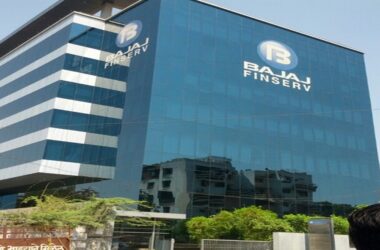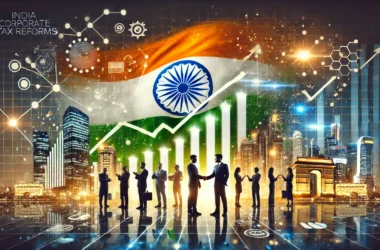
China’s President Xi Jinping is confronting mounting pressure to implement more substantial measures to resuscitate the country’s economy after a surprise rate cut failed to ignite investor confidence. The nation is grappling with a range of challenges including sluggish consumer spending growth, declining investment, a surge in unemployment, and the looming threat of deflation.
President Xi Jinping has thus far refrained from deploying a comprehensive stimulus package to jumpstart the world’s second-largest economy. However, the tepid market response to an unexpected rate cut underscores that investors are seeking far more decisive and impactful actions from him.
The People’s Bank of China recently enacted a 15 basis points reduction in the rate for its one-year loans, known as the medium-term lending facility. This brought the rate down to 2.5%, marking the most substantial rate cut in three years. The move was unveiled shortly before the release of July’s economic data, which revealed concerning trends including weak consumer spending growth, diminishing investment, and an increase in unemployment.
Taking a broader perspective, the economic outlook appears even bleaker. Bank loans in China plunged to a 14-year low last month, and signs of deflation are emerging while exports are contracting. A significant property developer in China is perilously close to default, while a financial conglomerate with a staggering 1 trillion yuan ($138 billion) under management missed payments on investment products, triggering fears of potential financial contagion.
This mounting economic turmoil is exerting pressure on President Xi to venture into areas he had previously been cautious about. These include extending support to the heavily indebted property sector and infusing more liquidity into the hands of consumers – a step that a central bank advisor in China recently deemed “the most urgent goal.”
The failure to engender broader confidence revival carries the risk of further economic distress, which could ultimately impact the leaders of the Communist Party. The preceding year witnessed a wave of mortgage boycotts and unprecedented protests directed at President Xi himself, as residents grew frustrated with the stringent Covid-19 restrictions imposed.
China’s struggles hold significant implications for the global arena. Stocks and bonds have faced declines amidst mounting concerns that the global economy could suffer without a sustained rebound in China. The International Monetary Fund had previously projected that China would serve as the primary contributor to global growth until 2028.
US Treasury Secretary Janet Yellen recently acknowledged that China’s slowdown poses a “risk factor” for the American economy. Furthermore, reduced imports of crucial commodities pose threats to producers spanning from Australia to Brazil. Additionally, softer demand for electronics will reverberate across trade-dependent economies like South Korea and Taiwan.
As the economic challenges intensify, President Xi Jinping is confronting the critical task of steering China’s economy through turbulent waters. The global implications of China’s economic performance further amplify the significance of the decisions ahead, as the country’s trajectory could influence economies and markets far beyond its borders.









